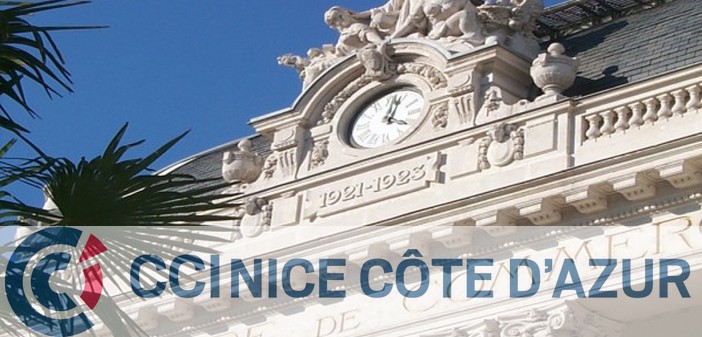After a turbulent summer, where the threat of dissension was clearly displayed, the peace among the brave seems to have returned to the UPE06 ahead of the consular elections that will bring new governance to the CCI.
The internal primary to designate the candidate was tough, with three contenders who wanted to go all the way: the favorable tie (41 to 40) for Jean-Pierre Savarino, the outgoing vice-president and endorsed by former president Bernard Kleynhoff, who has transitioned into politics under the protection of Christian Estrosi and is now a new regional councilor, left a bitter taste for Bernard Chaix, head of the merchants and Laurent Lachkar, the other candidate.
Moreover, the victorious group’s attempt to dissolve the opposition by excluding only loyalists from the list of 59 candidates created discomfort and provoked a sharp reaction from the losers.
Result: a second list, still drawn from the business association milieu, was formed and ready to fight.
A promising “beginning” for Philippe Renaudi, also newly elected to head the UPE06…
As always in these cases, the “peacemakers” sprang into action, resumed dialogue to smooth things over, call for unity, tend to egos, etc.
Final result: a compromise was found, the axe put back in the drawer, declarations of unity were highlighted again, and a unity list was presented yesterday by the protagonists with customary phrases and fixed smiles.
Jean-Pierre Savarino will be the next president with both Bernard Chaix and Laurent Lachkar taking on important responsibilities. A high percentage (40%) of their supporters integrate into the UPE06 list.
Jean-Pierre Savarino paid the required price for this “unity” and will be able to focus on implementing his program, which he defines as “a multifaceted challenge”: territorial planning, business services, training, international affairs, the attractiveness of the Côte d’Azur, transport, and housing for workers.
The outline of the major focuses did not escape the traditional blah-blah: continuity with change, action efficiency, collaboration of all, etc., etc.
We know well that in these cases, the tune is always the same.
But here, there is a caveat: the presence on the list of outgoing president Bernard Kleynhoff, who, as mentioned, is today a political elected and additionally president of the economic commission of the PACA Region.
Beyond formal legitimacy, isn’t this choice an invasion, a sort of oversight, an obvious compromise between two institutions? Curious individuals wonder.
“No!” affirms Jean-Pierre Savarino, quite the opposite, “It will be a useful bridge for our requests and files to find an audience.”
Some sly expressions from those present cast doubt. Haven’t we been taught that body language speaks louder than words?
In terms of ethics and probity declarations, we have seen better!
A shadow looms behind this new governance of the CCI: the doubt that the real decision-making power resides elsewhere, with the regional treasurers who hold the purse strings for subsidies and investments. Moreover, the Regions are delegates of relations with the European Union, economic development policy, training, and transport.
It is known that Bernard Kleynhoff is a loyalist of Christian Estrosi, the president of the Region, and that he likes to keep a hold on the centers of power of “his” territory.
Reflections on the concepts of authority, power, submission, or even conditioning could find fertile ground for appropriate considerations from a deontological perspective.
That being said, the subsequent facts will tell us if, as Plato wrote (Book V of the Republic, allegory or myth of the cave) “Men in chains, when turning around, only see shadows.”


